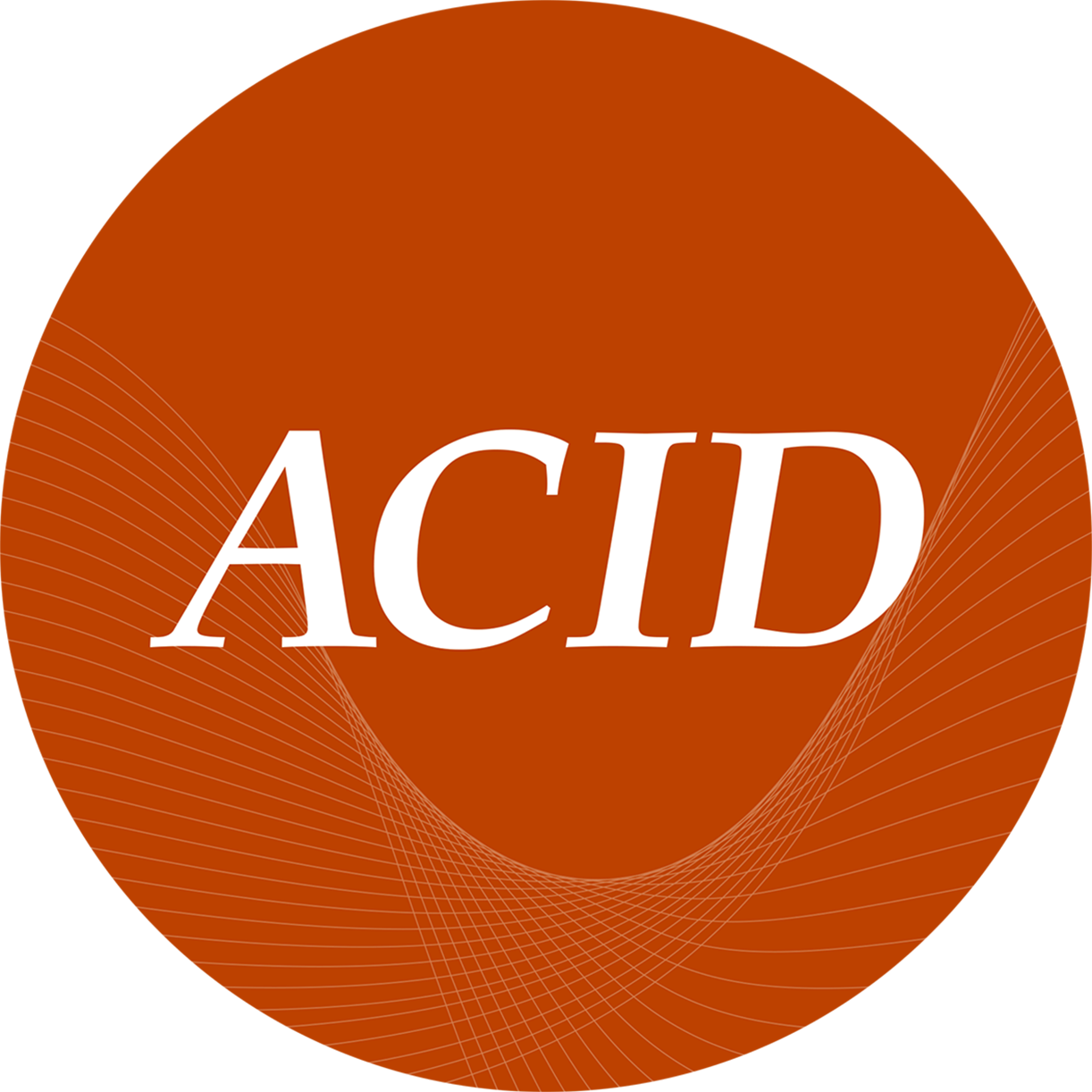Professor Xueli Bian graduated from Nanchang University with a bachelor's degree in 2012 and a PHD in Xiamen University in 2018. He has completed postdoctoral training at Qingdao Cancer Institute in 2021. Currently he is a distinguished professor of Nanchang University and won Jiangxi Provincial Fund for Distinguished Young Scholars in 2022. His research interest focus on protein post-translational modification on metabolic homeostasis and tumor development, he has published many papers in authoritative journals such as Nature Communications, Molecular Cell, Journal of Experimental Medicine, Cell Metabolism, Trends in Cell Biology. In recent years, his research has focused on tumor cell signaling pathways and metabolism, aiming to elucidate the mechanisms underlying tumorigenesis and progression, thereby identifying novel therapeutic targets and strategies for cancer prevention and treatment. Key findings include: 1. Hepatocarcinogenesis and Nur77-PCK1 SUMOylation Axis He demonstrated that nuclear receptor Nur77 regulates SUMOylation of phosphoenolpyruvate carboxykinase (PCK1), a rate-limiting enzyme in gluconeogenesis, driving metabolic reprogramming in hepatocellular carcinoma (HCC). This process shifts hepatic glucose production toward glycolysis, promoting HCC malignancy. Our work provides a theoretical basis for targeting Nur77 upregulation and inhibiting PCK1 SUMOylation as therapeutic strategies for HCC (Nature Communications, 2017, 8:14420). 2. PKM2 SUMOylation and Tumor Microenvironment Remodeling he revealed that SUMOylation of glycolytic enzyme PKM2 facilitates its membrane localization and secretion via microvesicles. These PKM2-enriched microvesicles reprogram macrophage metabolism to reshape the tumor microenvironment, accelerating HCC progression. Clinical validation confirmed that circulating PKM2 levels in microvesicles serve as a diagnostic biomarker for HCC, offering a rapid detection method for early intervention (Molecular Cell, 2020, 78(6):1192-1206.e10). His research group is dedicated to understanding the functional roles and molecular mechanisms of cellular metabolism in tumorigenesis, progression, and immune regulation. By investigating the molecular mechanisms underlying metabolic programming in tumors, we aim to uncover novel metabolic biomarkers and molecular targets, providing a theoretical foundation and effective strategies for precision cancer therapy. Main Research Focuses: 1)Spatiotemporal regulation of metabolic enzymes; 2)Post-translational modifications of proteins; 3)Functional roles of metabolites as signaling molecules and non-canonical functions of metabolic enzymes. Primary Methodologies: 1)Cellular biology, biochemical and molecular biology techniques; 2) Metabolomics technologies; 3)CRISPR-Cas9 gene editing and animal models.










